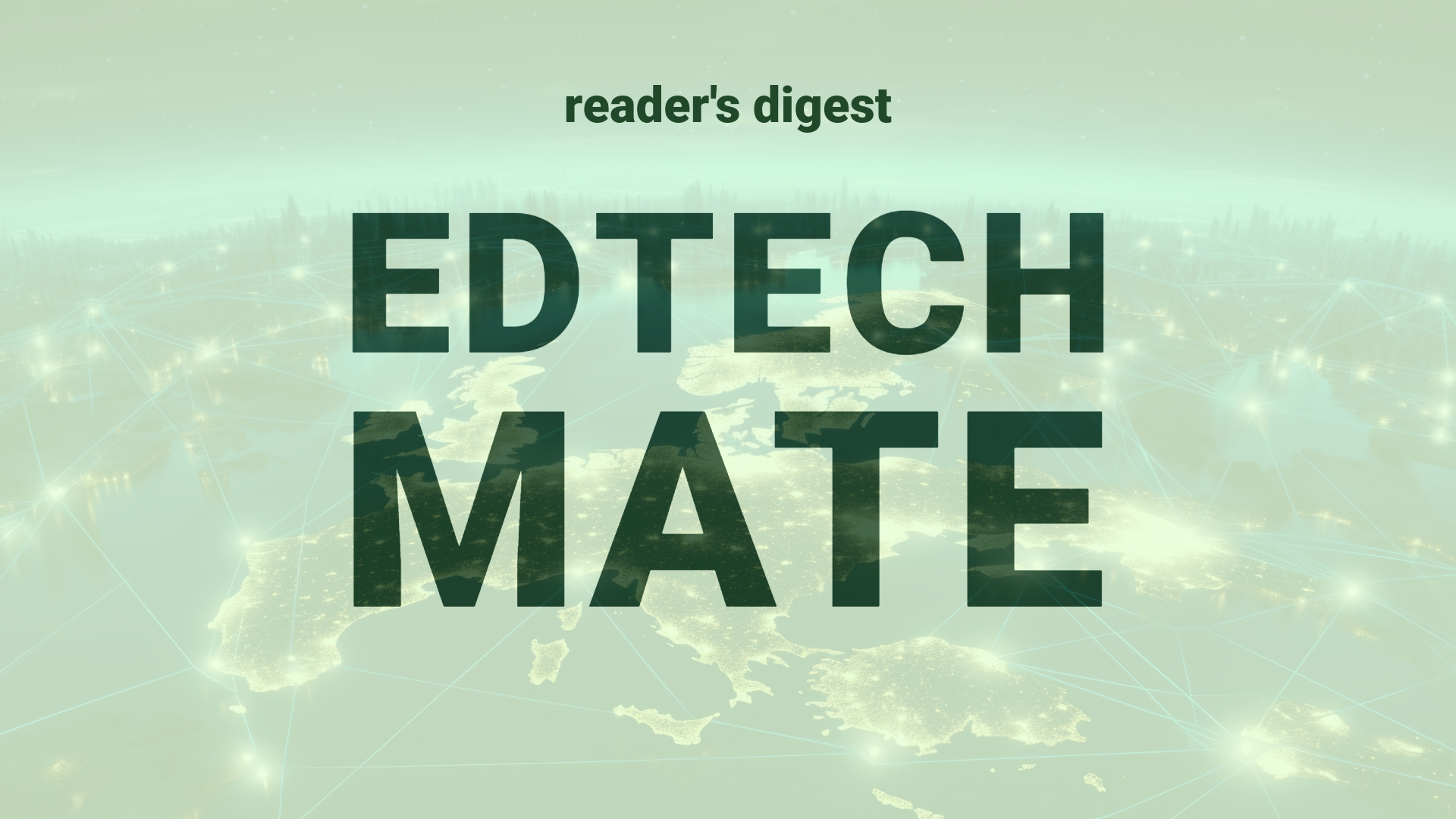“`html
Executive Summary and Main Points
This report focuses on Salesforce’s recent unveiling at the Salesforce World Tour NYC of a new ecosystem that integrates Independent Software Vendors (ISVs) and Systems Integrators (SIs) to leverage third-party data through secure zero-copy integrations with Salesforce Data Cloud. The zero-copy method does not require replicating the data within Salesforce but rather uses metadata to map external data for a seamless experience. This radical shift, coined as the Zero Copy Partner Network, signifies the importance of efficient and scalable data management practices in the CRM systems.
Potential Impact in the Education Sector
A zero-copy framework can have a transformative impact on Further Education and Higher Education settings by enabling simpler integration of diverse data sources without compromising security or governance. This could potentially streamline administrative functions, enhance student service platforms, and enrich classroom technologies with real-time data integration. In the domain of Micro-credentials, zero-copy integrations could facilitate the management and verification of credentials through a synchronized data ecosystem, encouraging partnerships between education providers and technology platforms.
Potential Applicability in the Education Sector
The applicability of zero-copy integrations traverses connecting Learning Management Systems (LMS) with external data sources, supporting advanced analytics for personalized learning experiences, and fostering AI-driven educational tools. By using zero-copy integrations, global education systems could achieve a new level of data interactivity where insights and administrative processes are enhanced by immediate, live data retrieval without additional data replication. This could culminate in creating unified digital campuses integrating real-time educational resources, research databases, and administrative records.
Criticism and Potential Shortfalls
While zero-copy integration promises vast improvements to data handling, there are potential criticisms and shortfalls. For instance, reliance on vendor-specific ecosystems could precipitate concerns about vendor lock-in, reduced interoperability, and platform dependency. Additionally, this model could face challenges in contexts with stringent data sovereignty laws. It is also critical to consider the varying capacity of educational institutions globally to adopt and integrate such advanced technological frameworks. And cultural and ethical implications, such as data privacy and the digital divide, must be addressed to ensure equitable access and benefit.
Actionable Recommendations
For International education leadership considering implementing these technologies, the following recommendations are advised: Evaluate the institution’s current data infrastructure for compatibility with zero-copy integration; seek strategic partnerships with technology providers that align with educational objectives; train staff in utilizing and supporting new data integration tools; pilot small-scale projects to measure impact and iteratively adapt practices; prioritize data security and governance protocols; and ensure that these initiatives align with the educational mission and the needs of the student population.
“`
Source article: https://www.cio.com/article/2095136/salesforce-debuts-zero-copy-partner-network-to-ease-data-integration.html

